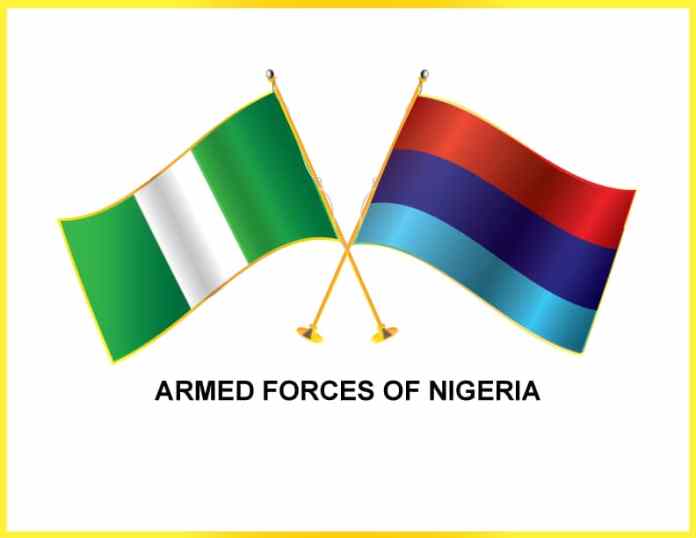Nigerian troops deployed to tame political instability in G/Bissau
One hundred and seventy-seven troops from the Martin Luther Agwai International Leadership and Peacekeeping Centre (MLALIPKC) have been deployed to address the political instability in Guinea-Bissau. The deployment includes 17 officers and 160 soldiers who have undergone intensive training to prepare them for their mission. During the graduation ceremony of Nigeria Company 3 of the […]

One hundred and seventy-seven troops from the Martin Luther Agwai International Leadership and Peacekeeping Centre (MLALIPKC) have been deployed to address the political instability in Guinea-Bissau.
The deployment includes 17 officers and 160 soldiers who have undergone intensive training to prepare them for their mission.
During the graduation ceremony of Nigeria Company 3 of the Economic Community of West African Stabilisation Support Mission in Guinea Bissau, Major General Ademola Adedoja, the Commandant of MLALIPKC, highlighted the rigorous training the troops underwent.
The training, he said, encompassed lectures on contemporary peacekeeping operations tailored to the specific security challenges of Guinea-Bissau.
- Troops kill 5 terrorists, rescue hostages in Sokoto
- Nigerian Army pulls out 10 armoured corps generals
“The political instability in Guinea-Bissau and its implications for peace and security were central to the training.
“Troops were equipped with comprehensive knowledge of the mission area’s background, current situation, and mandate, supplemented by mentally and physically demanding exercises,” Major General Adedoja explained.
Key aspects of the Pre-Deployment Training (PDT) included simulations of the operational environment in Guinea-Bissau through exercises like the occupation of Base Camp and Field Training Exercises. These practical simulations aimed to enhance troops’ understanding and readiness for their duties in the mission area.
Moreover, the training incorporated modern technologies crucial for effective peacekeeping, including the use of Unmanned Aerial Vehicles (UAVs) and advanced navigation systems. This technological integration equips the troops to leverage innovation and adaptability in their mission operations.
Major General Boniface Sinjen, Chief of Operations of the Nigerian Army, underscored the significance of Nigeria’s participation in the mission. He emphasized Nigeria’s commitment to supporting Guinea-Bissau in overcoming political instability and institutional crises, which threaten regional peace and development.
“Guinea-Bissau faces significant challenges that require concerted efforts for peace, democratic governance, and stability,” Major General Sinjen affirmed. “Through ECOWAS, Nigeria stands in solidarity with Guinea-Bissau, supporting efforts to strengthen governance and address security threats.”
